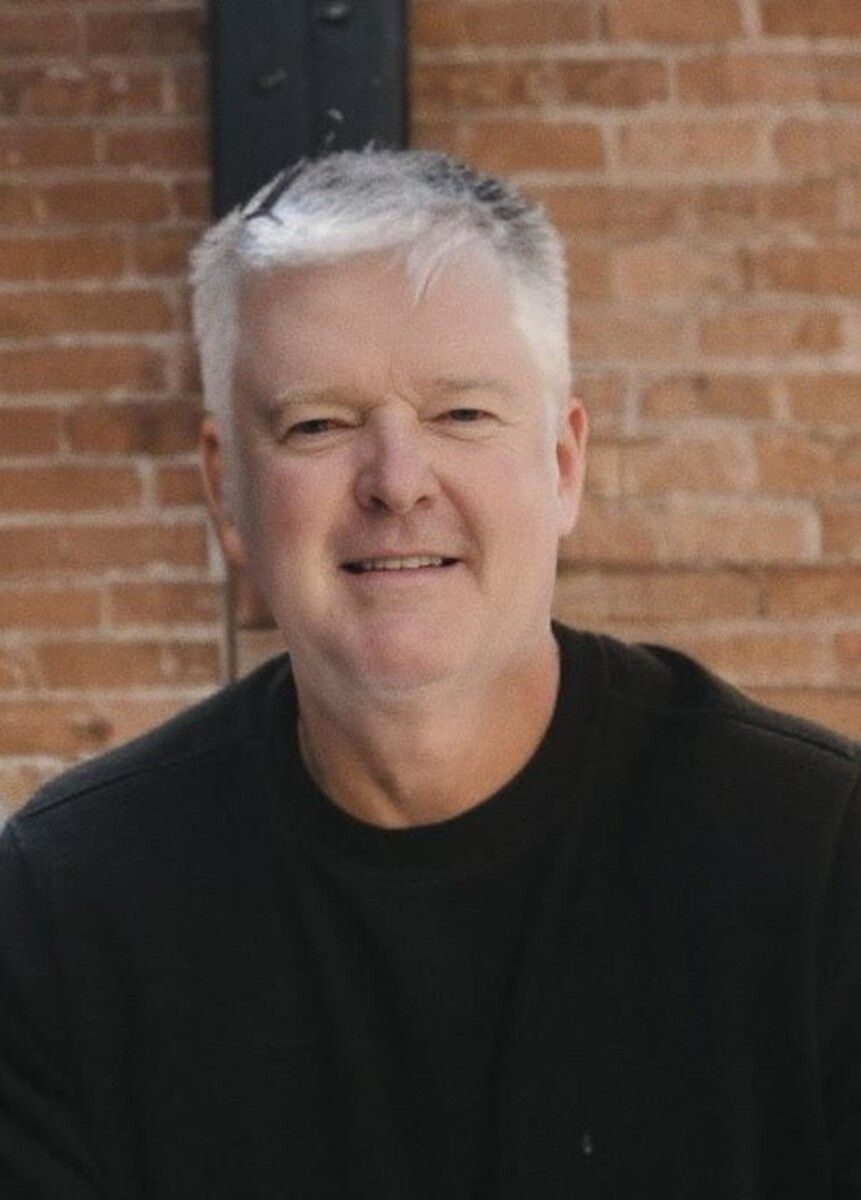
There is a sound folks in the country know by heart, that high, lonesome siren cutting through the night. You would hear it echo down the valley and think, help is on the way.
That sound may soon be getting more rare. If the Congressional Approved Medicaid cuts in Washington become real after the midterm elections, a lot more of that help will be gone before the siren ever starts.
Out in rural America, losing your hospital feels like losing a family member. The signs show up slowly. Fewer nurses. The old doctor retires, no new replacement doctor. Fewer babies are born in the maternity wing. Then one day there is a handwritten note on the door that says Closed. Just like that, the heartbeat of the town stops.
Since 2005, more than two hundred rural hospitals have closed across the country according to the Brookings Institution. When a hospital shuts down it does not just take away healthcare, it takes away jobs, pride, and stability. The National Rural Health Association found that every hospital job supports about one third of another job in the community. Lose twenty nurses and orderlies and the diner, pharmacy, and gas station all lose customers too.
When Washington politicians talk about cutting Medicaid, they treat it like it is an accounting issue. Out here it is about miles and minutes between life and death. Medicaid payments keep small hospitals open, especially those serving older residents and families with low income. When Lee County, Virginia lost its hospital in 2013, ambulance crews faced up to an additional forty minute run to the next nearest emergency room. Families started to move. Businesses slowed. The county fought for years to reopen it, and when it finally did, folks called it a miracle.
The best marketing ideas come from marketers who live it.
That’s what this newsletter delivers.
The Marketing Millennials is a look inside what’s working right now for other marketers. No theory. No fluff. Just real insights and ideas you can actually use—from marketers who’ve been there, done that, and are sharing the playbook.
Every newsletter is written by Daniel Murray, a marketer obsessed with what goes into great marketing. Expect fresh takes, hot topics, and the kind of stuff you’ll want to steal for your next campaign.
Because marketing shouldn’t feel like guesswork. And you shouldn’t have to dig for the good stuff.
The damage goes further. Retirees may not stay and do not move to places without a hospital. They bring pensions, savings, and time, and they spend all three locally. They buy homes, hire local help, support churches, and volunteer. But they will not settle where an ambulance cannot reach them in time. A study from NCBI found that access to healthcare is one of the top five things retirees look for when choosing where to live.
Without hospitals, rural areas lose not just people but potential. Schools have trouble finding teachers. Businesses struggle to hire workers. Economic developers cannot recruit employers when a town cannot even guarantee basic healthcare. A McKinsey & Company report calls hospitals and schools “anchor institutions,” the foundation of a viable economy. Take them away and the community begins to fall apart.
A hospital is more than a place to fix what is broken. It is where babies are born, where neighbors recover from heart attacks, where a familiar nurse holds your hand when the news is bad. It is where local kids get their first job and where small businesses deliver supplies and services.
When a hospital closes, it is not just a budget cut. It is the lights going out on Main Street. The Little League coach moves away. The local pharmacy shortens its hours or worse, closes. The high school loses a sponsor for the scoreboard. The diner grows quiet before lunch rush.
So when you hear people in Washington talk about streamlining Medicaid, do not picture balance sheets. Picture the empty parking lot where an emergency room used to be and the silence that follows.
Because when the siren stops, a lot more than healthcare disappears.
Be curious, not judgmental.
Till next time, that’s the story from the ‘Back Forty’. — John W. Peace II
Magazines Interested in republishing this article? Contact the author at [email protected] for permission and details. Readers, feel free to share!

John W. Peace II is a fifth-generation farmer from Big Stone Gap, Virginia, where he grew up on his family’s dairy, Clinch Haven Farms, and still lives today farming hay and beef cattle. He’s a proud father to Trey and Shelby Peace, and partner in life to Cathy Swinney. A Virginia Tech graduate with graduate studies at Penn State, he served as the youngest Chair of the Wise County Board of Supervisors (2004–2008). John co-owns SafeHavenServices.co and urTOPIX LLC (urTopixLLC.com), a Democratic campaign consulting firm focused on reaching rural voters that is sponsored by www.RuralAmericaRising.com PAC. He’s also a two-time Amazon bestselling author. Learn more at www.JohnWPeace.com.


